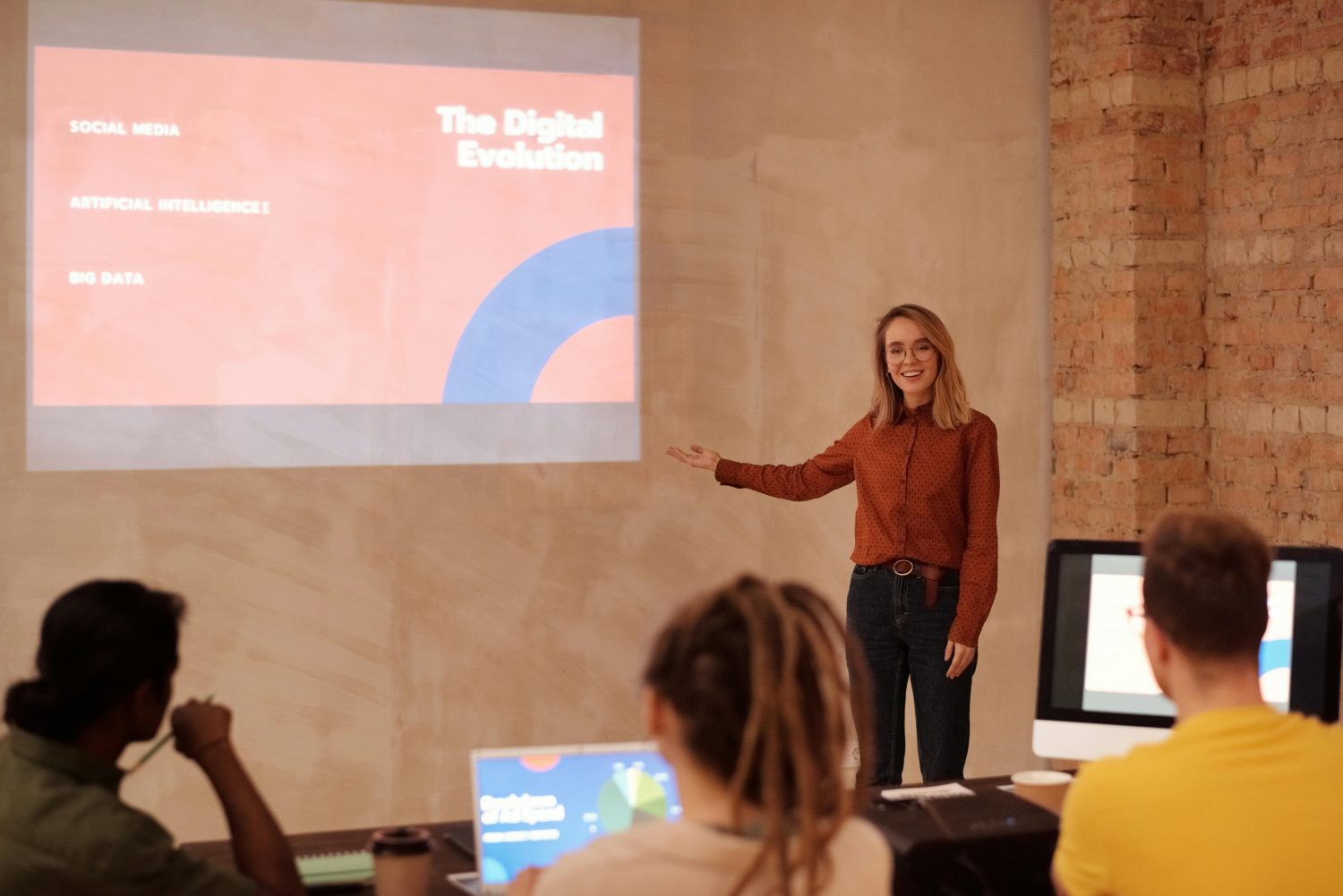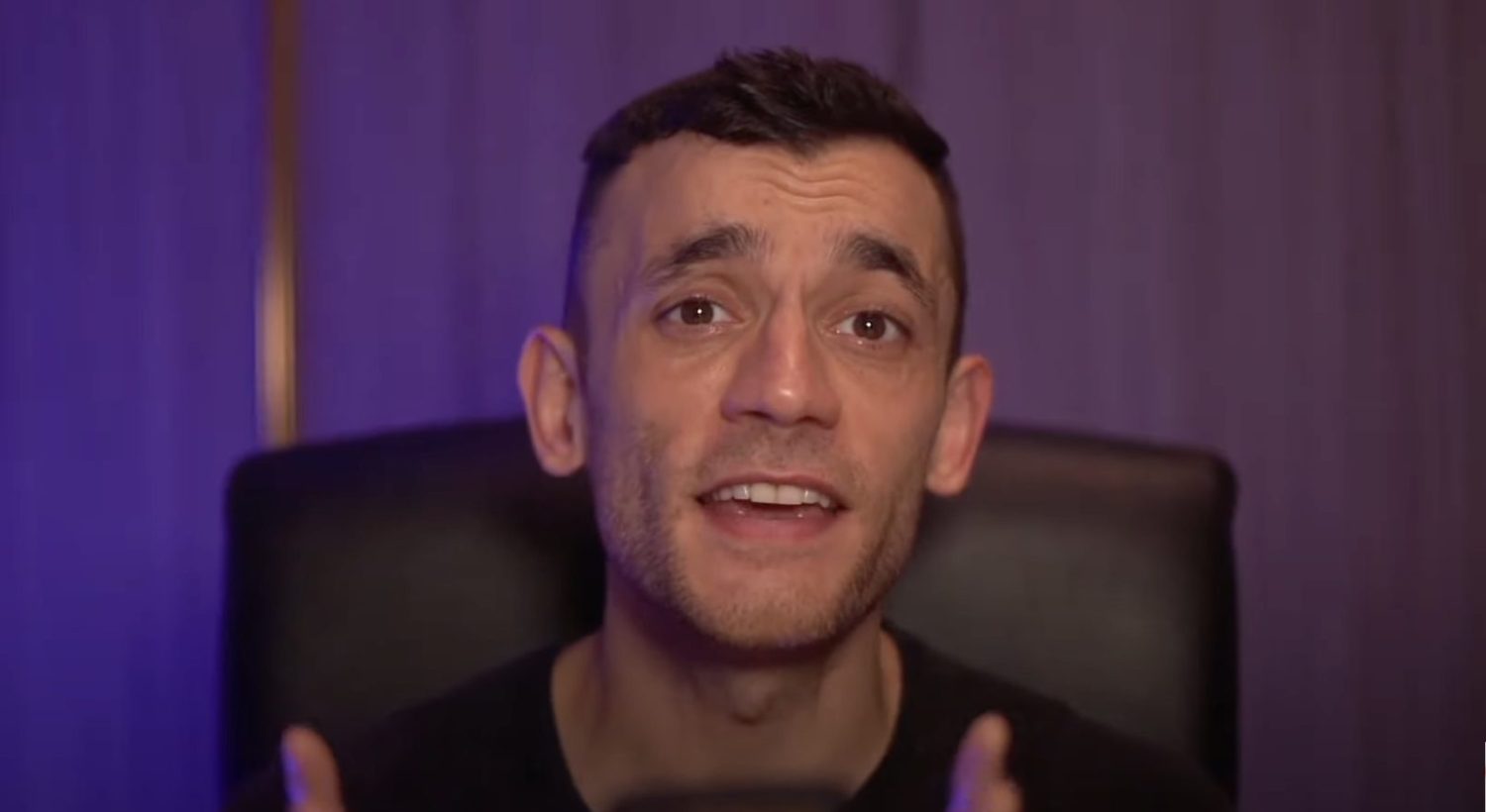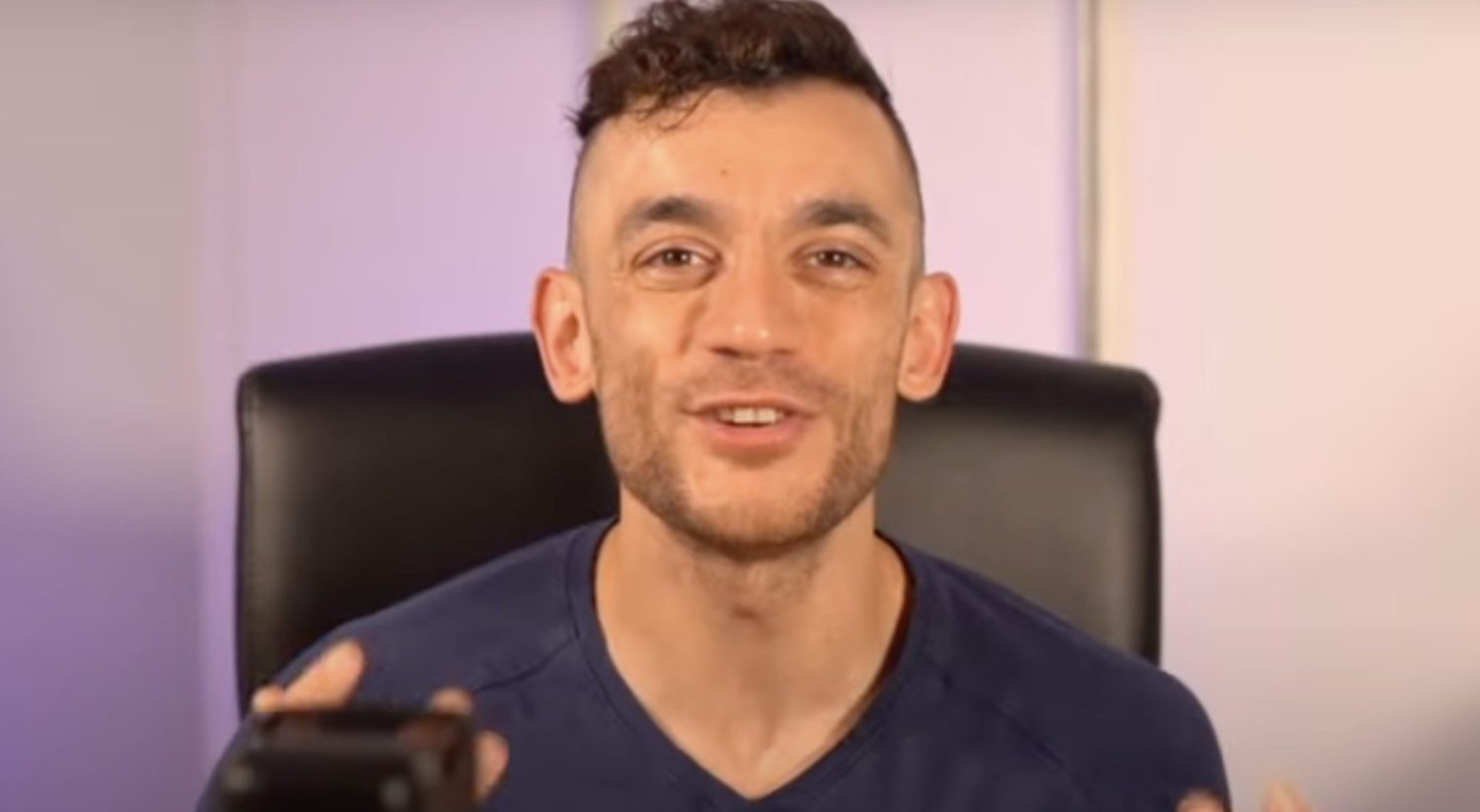AI is shaking up how businesses think about marketing. It’s not just about flashy tech anymore; even small businesses are jumping on board. From recommending products to personalizing messages, AI is making marketing smarter and more efficient. Let’s dig into some real-world examples where companies have nailed it using AI in their marketing strategies.
Key Takeaways
- Skillshare uses AI to personalize course recommendations, boosting email engagement.
- Starbucks leverages AI for personalized offers, increasing loyalty program sign-ups.
- CarParts.com enhances customer experience with AI-driven product suggestions.
- CCG improves email open rates through AI-powered subject line testing.
- Goosehead Insurance revamps website content efficiently using AI tools.
1. Skillshare
Skillshare has been a game-changer in the world of online learning, especially when it comes to creativity-focused courses. They offer an impressive array of over 30,000 classes to a community of more than 785,000 students. But what sets Skillshare apart is how they leverage AI to make their email marketing strategy top-notch.
AI-Powered Personalization
Skillshare uses AI to tailor course recommendations for each user, which is super cool. They track user behavior, activities, and interests to suggest classes that match individual needs. This isn’t just a random guess; it’s a calculated move that results in a 71% higher click-through rate on their weekly newsletters compared to other emails.
Timing is Everything
With AI, they don’t just send emails whenever. Nope, they use Engage Time Optimization to deliver emails at the perfect time for each user. This means their global audience gets messages when they’re most likely to engage, boosting open rates and interactions.
Overcoming Writer’s Block
Creating fresh content can be tough, especially when you’re staring at a blank screen. Skillshare uses GenAI to brainstorm new copy ideas, helping them overcome writer’s block and make A/B testing a breeze.
In a nutshell, Skillshare shows us that AI isn’t just a tool; it’s like having a creative partner in your marketing team. If you’re curious about how AI can transform your marketing efforts, check out this guide on the impact of AI on digital marketing. It’s all about finding the right tools for your unique business needs.
2. Starbucks
Starbucks has always been a step ahead when it comes to blending coffee culture with technology. Their secret sauce? An in-house AI system called Deep Brew. This clever tech doesn’t just make your latte frothy; it crafts personalized experiences for each customer. Imagine getting a special offer just because you ordered a caramel macchiato last Tuesday at 3 PM. That’s Deep Brew at work, analyzing your past orders and nudging you with tempting deals to boost your loyalty.
Personalized Messaging
Starbucks uses Deep Brew to send tailor-made messages that encourage non-members to join their rewards program. How? By studying the habits of occasional visitors who use the app but haven’t signed up for the loyalty program yet. It looks at the drinks they fancy, the time they usually pop in, and other customer interaction data to whip up personalized offers. This approach has been wildly successful, bringing in over 4 million new loyalty members.
AI-Driven Customer Engagement
The AI doesn’t just stop at messaging. Starbucks leverages AI to enhance customer engagement across the board. From predicting peak hours to managing inventory, AI helps streamline operations and improve the customer experience. It’s like having a digital barista who knows just what you need, even before you do.
Starbucks’ strategy is a great example of how companies can use AI to personalize experiences and improve customer engagement. It shows that with the right tools, any business can create meaningful connections with their customers, turning casual sippers into devoted fans.
3. CarParts.com
CarParts.com has really nailed it when it comes to using AI to make shopping for auto parts super easy. They’ve taken the guesswork out of finding the right parts for your car. With over a million products, it’s like walking into a massive warehouse, but without the overwhelming feeling. The magic here is how they use AI to give you just what you need, based on your car’s year, make, and model.
I remember trying to find a specific part for my old car. It was a nightmare until I stumbled upon CarParts.com. Their site seemed to know exactly what I needed, without me having to dig through pages and pages of parts. It was a total game-changer.
Here’s how they do it:
- Personalized Recommendations: They use AI to suggest parts that fit your vehicle and even throw in some repair tips and news that might interest you.
- Real-Time Behavior Tracking: As you browse, their AI learns from your actions, making the experience more tailored to you.
- Cross-Channel Consistency: Whether you’re on their website, app, or even receiving emails, the experience feels seamless and connected.
The results speak for themselves. They’ve seen a whopping 400% increase in click-through rates. Plus, their marketing team has gained back 50 hours a week, thanks to AI handling much of the technical heavy lifting. If you’re curious about how AI can effectively measure email and social media success, CarParts.com is a great example of leveraging technology to improve customer engagement and streamline operations.
4. CCG
When it comes to using AI in marketing, CCG is a name that pops up often. They’ve really nailed it by integrating AI to boost their marketing game. Let me break it down for you.
AI-Driven Personalization
CCG uses AI to create highly personalized marketing campaigns. Imagine getting an email or a recommendation that feels like it was tailor-made just for you. That’s what CCG is doing. They analyze tons of data to understand what each customer likes and then use that info to craft messages that hit home. It’s like having a personal shopper who knows exactly what you want.
Predictive Analytics
Another way CCG uses AI is through predictive analytics. This means they use AI to predict what customers might want in the future. It’s not just about looking at past behaviors but also about anticipating future needs. This helps them stay one step ahead and offer products or services just when customers are ready to buy.
Automated Customer Engagement
CCG also leverages AI for automated customer engagement. This means they can interact with customers across different platforms without missing a beat. AI handles the routine stuff, so the team can focus on more complex interactions. It’s all about making sure customers feel heard and valued.
Results That Speak
The results? Well, CCG has seen a significant boost in customer satisfaction and sales. By using AI, they’ve managed to streamline their processes and deliver what customers want, when they want it. It’s a win-win for both CCG and their customers.
So, if you’re thinking about integrating AI into your marketing strategy, CCG’s approach is definitely worth a look. They’ve shown that with the right tools and strategies, AI can transform how businesses connect with their audience.
5. Goosehead Insurance

When I think about AI marketing strategies, Goosehead Insurance’s approach stands out as a clever use case. They faced the challenge of revamping their website, a task that can feel like climbing a mountain, especially for a small team already stretched thin. But instead of getting bogged down, they turned to AI to lighten the load.
The secret weapon? Generative AI. This tool helped them whip up a variety of content, from FAQ sections to market analyses, in record time. Imagine trying to craft all that content manually—talk about a time sink! The AI didn’t just save time; it also sparked creativity, helping the team overcome writer’s block.
Here’s a quick rundown of what they achieved:
- Created detailed FAQ documents tailored to new audiences.
- Developed insightful market analysis reports.
- Produced compelling benefits statements and other marketing assets.
Using AI, Goosehead managed to keep their content fresh and engaging without burning out their team. It’s a great example of how AI can be a trusty sidekick in the world of digital marketing, helping businesses tackle big projects with ease and efficiency.
6. Slickdeals

Slickdeals is a platform that thrives on community-driven engagement. With a massive network of 12 million deal hunters, it’s all about finding, sharing, and discussing the best bargains out there. What’s fascinating is how Slickdeals uses AI not just to keep this community buzzing, but to actually grow it.
First, they’ve got this smart way of turning new users into regular visitors. By using predictive scores, they can figure out how engaged someone is and then tailor the communication frequency accordingly. This means if you’re super active, you might get more updates and deal alerts, but if you’re just a casual browser, they won’t overwhelm you with notifications. This approach has bumped up their engagement rates by a whopping 26%!
But it doesn’t stop there. They also use these scores to spot when someone’s interest is fading. It’s like having a sixth sense for when a user might drift away. With this insight, they can send out the right message at just the right time to pull them back in. Whether it’s a special offer or a reminder of something they might have missed, this strategy is all about keeping people hooked.
Another neat trick up their sleeve is using AI for their post-purchase and abandoned browse campaigns. You know how sometimes you look at something online but don’t buy it? Slickdeals can send you a nudge to remind you about it later. This not only helps in closing sales but also keeps the community engaged with personalized content.
Slickdeals’ use of AI is a perfect example of how data and creativity can come together in marketing. If you’re curious about balancing these elements in your own strategies, check out this discussion on AI marketing that dives into the intersection of creativity and data.
7. Udacity
Udacity’s AI-Driven Personalization
Udacity, a leader in online education, has been leveraging AI and data to create a more personalized learning experience. AI is not just a tool for them; it’s a game-changer. They use AI to tailor content and recommend courses that align with each student’s learning history. This hyper-personalization has significantly boosted student engagement and conversion rates.
Time-Saving Techniques
One of the coolest things about Udacity’s AI strategy is how much time it saves. By automating email campaigns and using AI for content recommendations, they’ve managed to save up to 15 hours a month. That’s a lot of time to focus on other creative projects or strategies.
Boosting Engagement
AI at Udacity isn’t just about saving time; it’s about enhancing the student journey. From helping students discover new courses to ensuring they complete them, AI recommendations have doubled the number of syllabus downloads. It’s like having a personal tutor guiding you through your educational path.
Key Takeaways
- Personalized Learning: AI helps match students with the right courses based on their past interactions.
- Efficiency Gains: Automation and AI save significant time in campaign management.
- Increased Engagement: AI-driven strategies have led to higher conversion rates and more engaged students.
Udacity’s approach shows how powerful AI can be in transforming online education, making it more engaging and efficient for everyone involved. If you’re curious about how AI can revolutionize marketing efforts, you might want to explore innovative strategies that leverage AI for growth.
Frequently Asked Questions
What is AI marketing?
AI marketing uses artificial intelligence technologies to enhance marketing efforts, making them more efficient and personalized.
How does AI help in marketing?
AI helps by analyzing data to provide insights, creating personalized content, automating tasks, and improving customer engagement.
Can small businesses use AI for marketing?
Yes, small businesses can use AI tools to reach new customers, personalize marketing, and save time on repetitive tasks.
What are some examples of AI in marketing?
Examples include personalized email campaigns, chatbots for customer service, and AI-driven product recommendations.
Is AI marketing expensive?
The cost of AI marketing varies, but there are affordable tools available for businesses of all sizes.
How do I start using AI in my marketing strategy?
Begin by identifying your marketing goals, then explore AI tools that can help achieve those goals, starting small and scaling up as needed.








